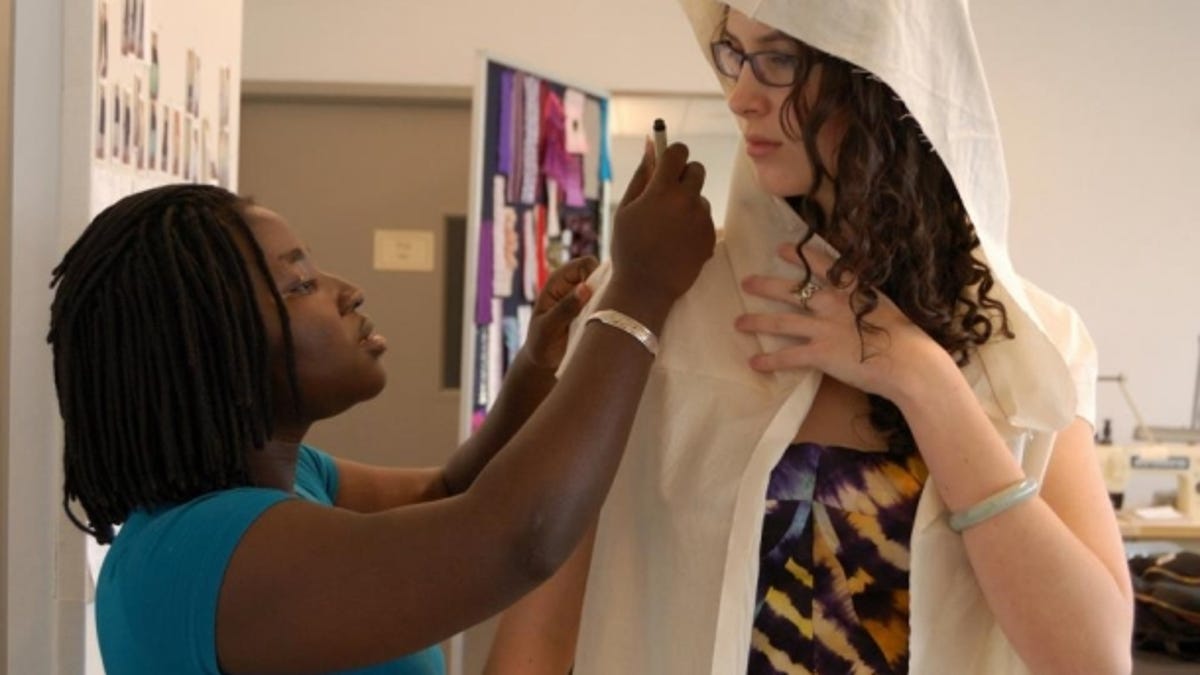Researchers closing in on effective malaria vaccine
The early stage clinical trial is small, but out of the 15 volunteers given the highest dose of a malaria vaccine, 12 are showing total resistance to the disease.

Scientists around the world have been working on vaccines to protect humans against malaria for years, to largely no avail. In fact, the World Health Organization -- which estimates that 2010 alone saw 219 million cases of the disease and 660,000 deaths, almost all in Africa -- set the year 2025 as a target date to develop a vaccine that is 80 percent effective.
Now, researchers the world over are enjoying news of a highly successful vaccine with "cautious optimism," according to the director of the U.S. National Institute of Allergy and Infectious Diseases.
The vaccine, called PfSPZ, is unusual in that it's made from sporozoites (SPZ), which is a life cycle stage in the malaria-causing parasite Plasmodium falciparum. In a groundbreaking study published Thursday in the journal Science, developers of the vaccine report that these weakened, early stage parasites actually trigger immunity when a high enough dose of them is injected directly into a person's bloodstream.
For the Phase-1 clinical trial, researchers worked with a group of 57 volunteers who had never had malaria before. While 17 received no vaccine at all, 40 received varying doses of PfSPZ. After exposing all 57 volunteers to malaria-carrying mosquitos, almost all of the volunteers who'd been given no vaccine or small doses of PfSPZ became infected, while 12 of the 15 volunteers given the highest dose showed total resistance to the disease.
Some news outlets are reporting that the vaccine is 100 percent effective. This is true if examining only the six subjects who were given five doses intravenously. In other words, the dose of the vaccine matters -- but even with such a small, six-person sample, the success is unheralded.
As the researchers write in Science, "These data indicate that there is a dose-dependent immunological threshold for establishing high-level protection against malaria that can be achieved by IV administration of a vaccine that is safe and meets regulatory standards."
The vaccine, developed by Maryland company Sanaria, has been met previously with a healthy dose of skepticism for a few reasons. First, unlike most vaccines that contain just a handful of proteins from a parasite, PfSPZ contains the whole sporozoite, which is a novel approach. But veteran malaria researcher Stephen Hoffman of Sanaria says his team went this route because of experiments that date back to the 1970s showing enduring protection in volunteers who were exposed to thousands of bites from irradiated infected mosquitos.
Which brings us to another issue -- that the vaccine is most effective when administered intravenously, which is both unusual and challenging. (The alternative is, of course, sitting through thousands of mosquito bites.) Vaccinating hundreds of people in minutes orally or via quick pricks is one thing; vaccinating on a large scale directly into people's bloodstreams will take longer and could even prove impossible in young children and infants. That said, the vaccine volume is only 0.5 milliliters and requires what Hoffman calls a tiny syringe.
Meanwhile, making the vaccine is no walk in the park. Sanaria had to raise mosquitos in sterile conditions, feed them blood that was infected with the malaria parasite, and then irradiate them so that the parasite was weak -- so that it could infect people but not cause the actual disease. As if that wasn't a handful, researchers then harvested billions of parasites from the irradiated mosquitos' salivary glands, purified them, and cryopreserved them. That they were able to produce the vaccine at all has confounded many in the field.
Still, the early clinical success may lead many to overlook some of the vaccine's peculiarities. "The trial results constitute the most important advance in malaria vaccine development since the first demonstration of protection with radiation attenuated sporozoite immunization by mosquito bite in the '70s," Stefan Kappe, a malaria researcher at the Seattle Biomedical Research Institute in Washington, tells Nature.
Hoffman has set a four-year target for the licensing of the vaccine. He's got until then to repeat the trial on far larger scales and test whether the approach protects against different strains of the parasite than the one used in this initial trial. He says the first trials will be in Tanzania, and his company is already investigating how to make intravenous delivery faster and easier.

